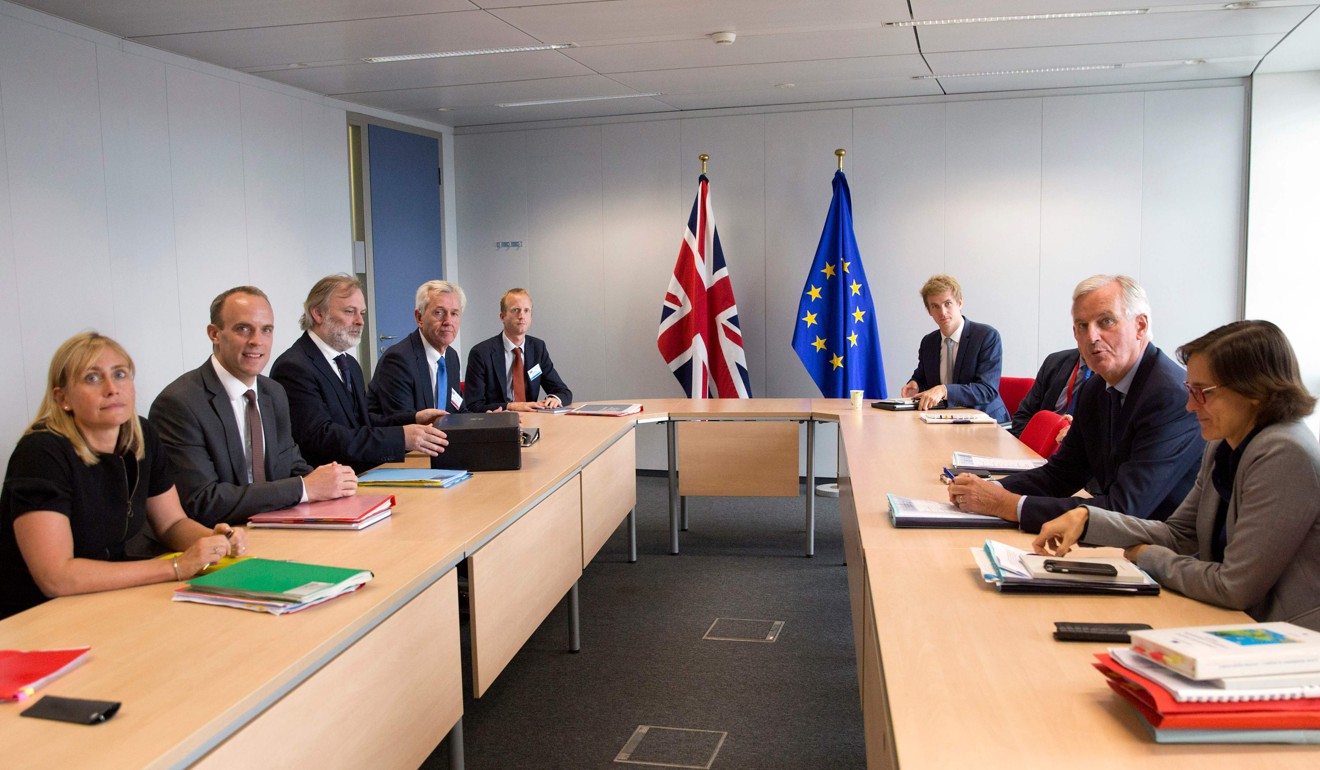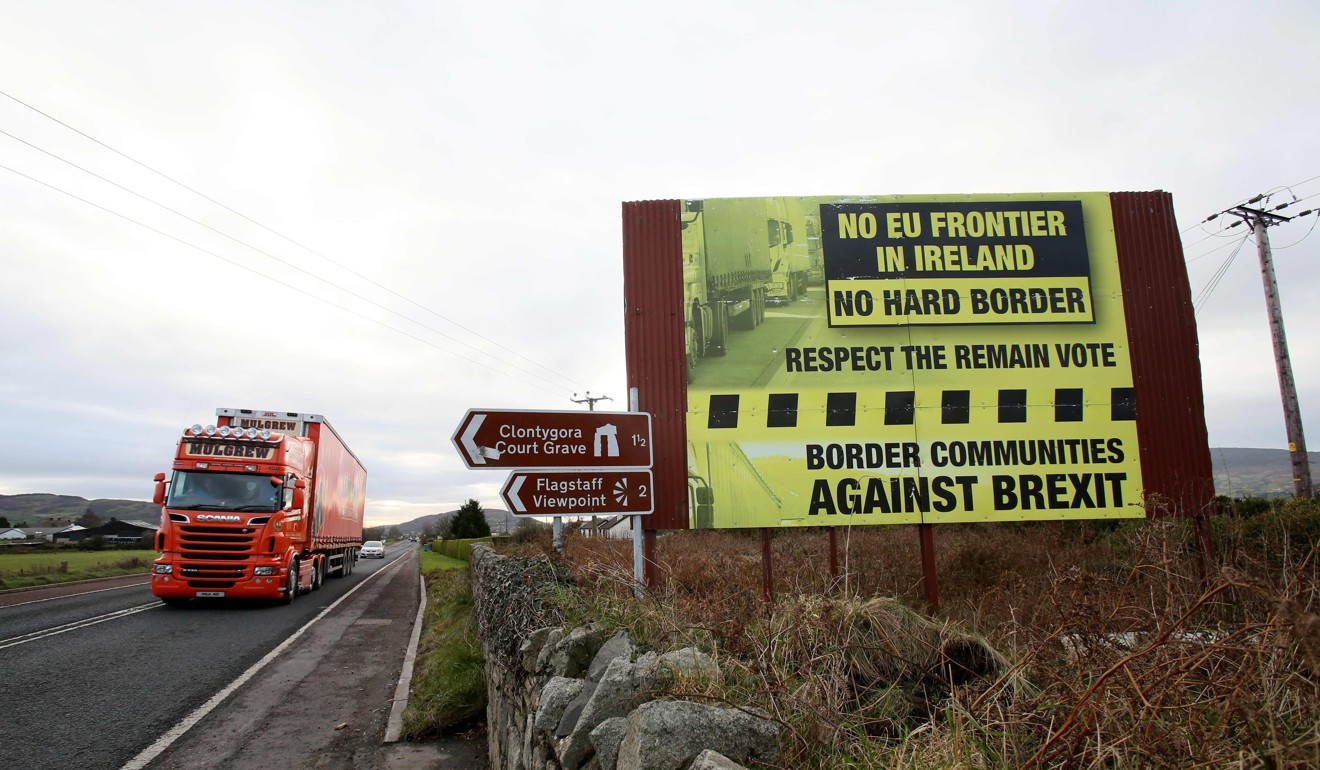
EU’s top negotiator rejects key elements of UK’s post-Brexit plan
The revelation is more ammunition for critics of British PM Theresa May plus opponents of the move to leave the European Union
The European Union’s chief negotiator Michel Barnier has warned that two key elements of Britain’s post-Brexit trade plan are “not acceptable”, according to remarks to a parliamentary committee published on Friday.
The transcript of a hearing held earlier in the week contradicts a claim made by a pro-EU opposition MP that Barnier said the entire proposal was “dead”.
However, he made it clear the EU would not accept London’s proposals for customs arrangements and for a common EU-UK rule book on goods to ease trade between the sides after Brexit.
They “would call into question the very integrity of our single market … That is totally out of the question”, he told the House of Commons Brexit committee at a hearing in Brussels on Monday.

His comments will embolden critics of Prime Minister Theresa May’s so-called Chequers plan in Britain, who argue that trying to stay close to the EU while cutting some ties is the worst of all worlds.
The plan is opposed by both Brexit supporters in May’s own Conservative party, among them former ministers David Davis and Boris Johnson, and some of those who want Britain to stay in the EU.
Britain hopes to agree a deal on key divorce issues as well as an outline of future trade ties with the bloc before leaving the EU in March next year.
Barnier said the divorce was 80 per cent agreed, but warned it risked being scuppered by a failure to strike a deal on the border between Ireland and British Northern Ireland.

Both sides have vowed to avoid the reimposition of border checks, which many fear would threaten the fragile peace in the region, but disagree on how this could be achieved.
The EU proposes that until the issue can be resolved by a new trade deal, Northern Ireland should stay aligned with the EU – something London says would split its territory.
“If there is no operational backstop on Ireland, there will not be an agreement,” Barnier said.
He said he hoped to agree the divorce deal if not by the original deadline of an October EU summit, then at least by early November.

.png?itok=arIb17P0)